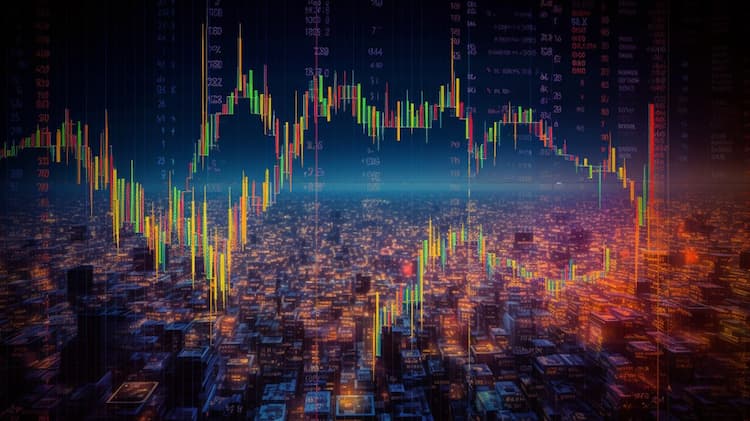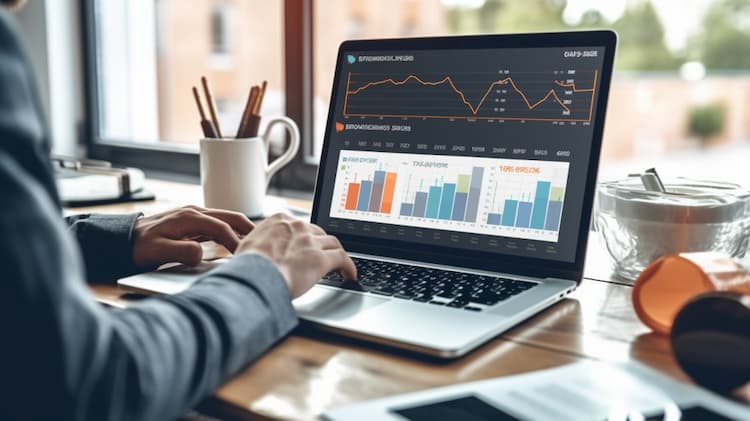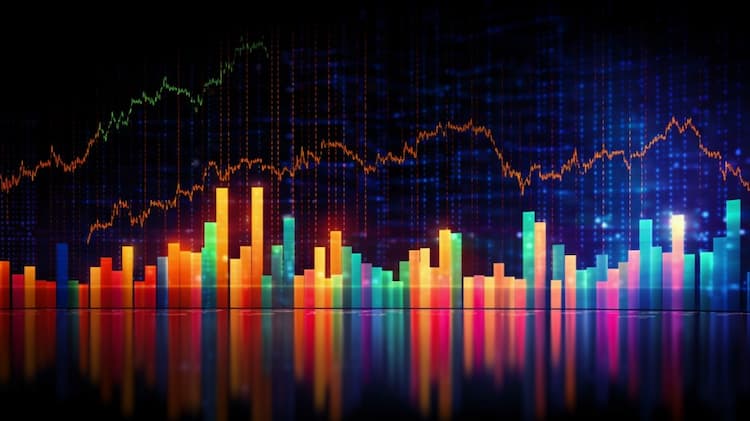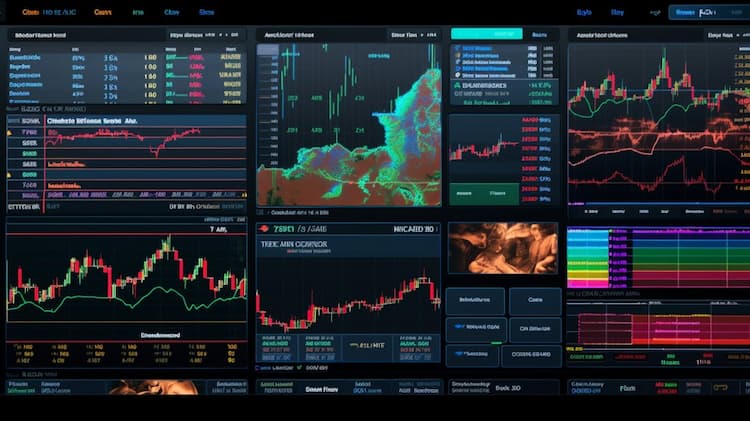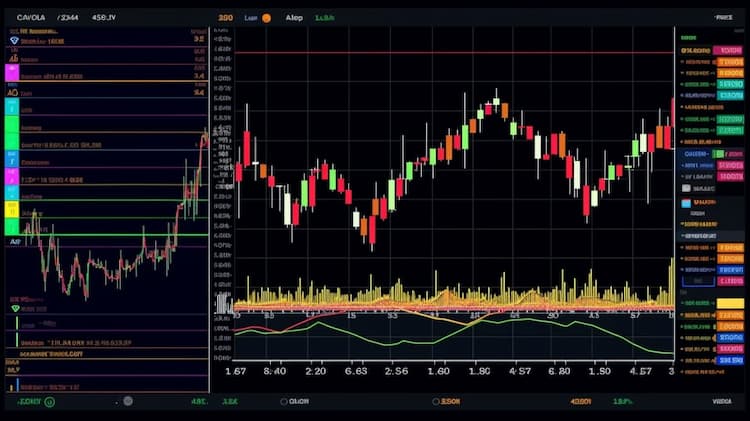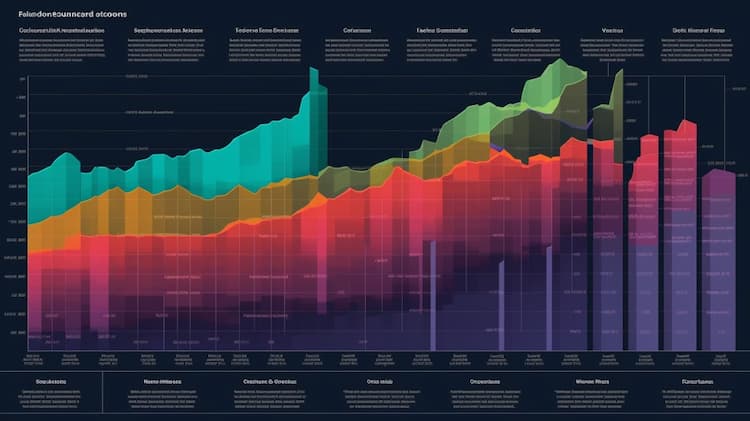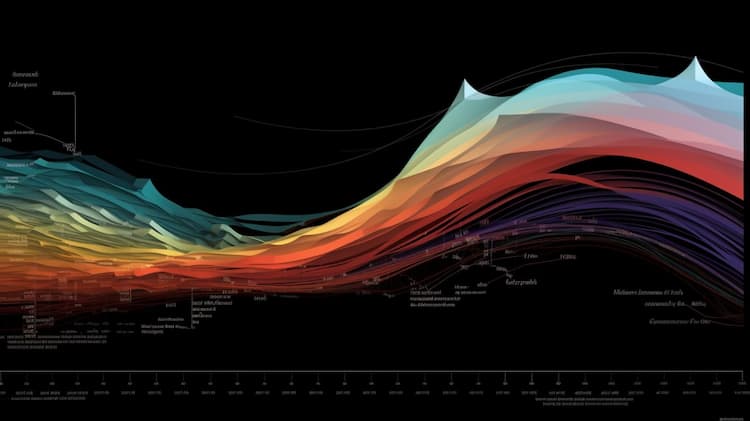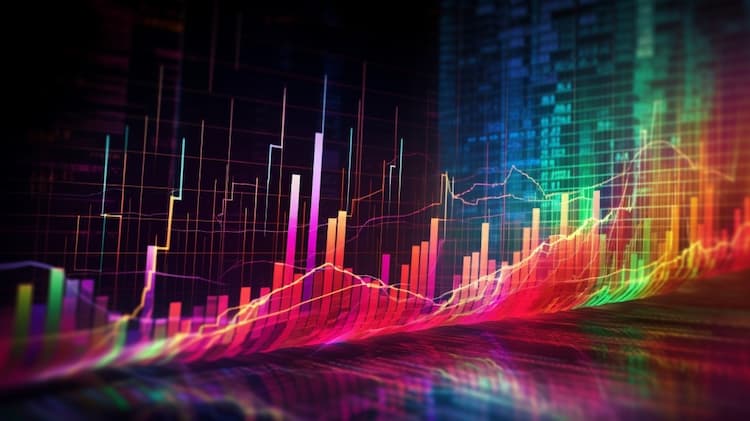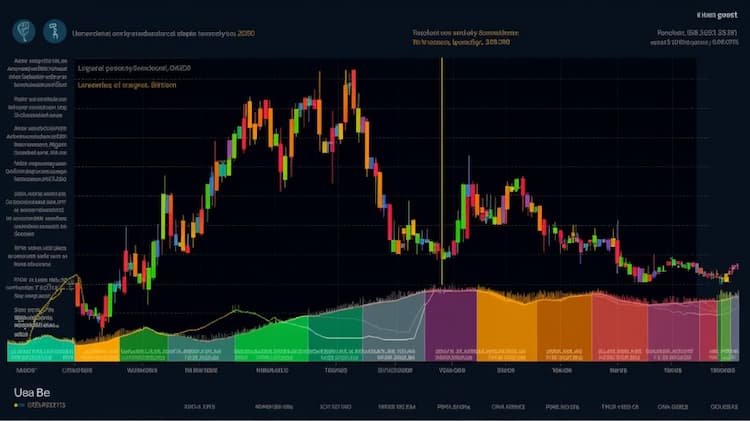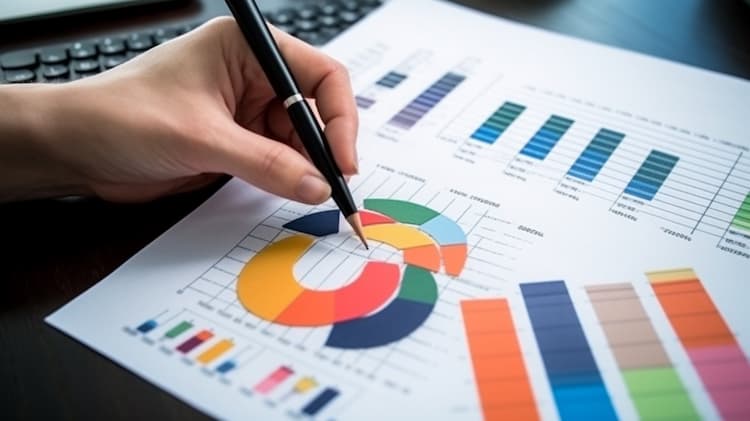
DBC Vs GSG: Sectors and Top Holdings
Exchange-Traded Funds (ETFs) have transformed the landscape of investment, providing investors with access to a diverse range of sectors and asset classes. In this article, we will conduct an in-depth analysis comparing two prominent ETFs: DBC (PowerShares DB Commodity Index Tracking Fund) and GSG (iShares S&P GSCI Commodity-Indexed Trust). We will delve into various dimensions, including ETF tickers, full names, issuers, sectors, top holdings, capitalization, strategy, tracking methods, and exposure.
DBC Vs GSG: Overview
DBC and GSG are two ETFs that offer distinct approaches to commodity investing. DBC aims to track a rules-based index composed of futures contracts on various commodities like energy, agriculture, and metals. GSG, on the other hand, tracks the S&P GSCI Commodity Index, which includes a broader spectrum of commodities. These differences in focus and composition lead to variations in risk and potential returns, making it essential for investors to understand their objectives before choosing between the two.
DBC Vs GSG: Sectors and Top Holdings
DBC spans a wide range of sectors, including energy, agriculture, and metals. Its top holdings might include contracts related to crude oil, natural gas, and gold. GSG's focus extends to a broader selection of commodities, including energy, agriculture, industrial metals, and precious metals. Understanding the sectors and top holdings can help investors evaluate the specific exposure each ETF provides and how it aligns with their investment strategy.
 DBC overlap DBC VS GSG
DBC overlap DBC VS GSG
DBC Vs GSG: Capitalization and Strategy
The capitalization and strategy of DBC and GSG are significant factors to consider. DBC's assets under management (AUM) indicate investor interest in commodity exposure, while GSG's strategy revolves around replicating the S&P GSCI Commodity Index. DBC provides a more diversified approach by tracking a broader selection of commodities, potentially reducing concentration risk, while GSG's strategy follows a specific index methodology.
DBC Vs GSG: Tracking and Exposure
Tracking methods and exposure differ between DBC and GSG. DBC employs futures contracts to replicate the performance of its underlying index, offering exposure to the movements in commodity prices. On the other hand, GSG also uses futures contracts but tracks the S&P GSCI Commodity Index, which may result in different weightings and allocations across commodities. It's crucial for investors to comprehend the tracking methods and the potential impact on their investment outcomes.
Conclusion
DBC and GSG present investors with distinct pathways to engage with the commodities market. While DBC offers a broader array of commodities, GSG focuses on replicating a specific index that includes various commodities. As you navigate these options, consider ETF Insider—an intuitive application that empowers you to explore holdings, correlations, overlaps, and more insights. With its user-friendly interface, ETF Insider equips investors with the tools they need to make informed decisions.
Disclaimer: This article does not provide any investment advisory services.
Sources:
GSG quote and analysis
Discover the top holdings, correlations, and overlaps of ETFs using our visualization tool.
Our app allows you to build and track your portfolio.
To learn more about the GSG iShares S&P GSCI Commodity Indexed Trust, access our dedicated page now.
FAQ
Why is DBC better than GSG?
DBC may be considered better than GSG for some investors due to its specific focus, offering diversification.
Does GSG beat DBC?
GSG's performance relative to DBC will vary over time, depending on market conditions.
Should I invest in DBC or GSG?
The choice between DBC and GSG should align with your investment goals, risk tolerance, and desired exposure.
Are DBC and GSG good investments?
Both DBC and GSG can be suitable investments depending on individual investment strategies, goals, and risk profiles.
What is the correlation between DBC and GSG?
The correlation between DBC and GSG can vary over time, reflecting differences in performance.

